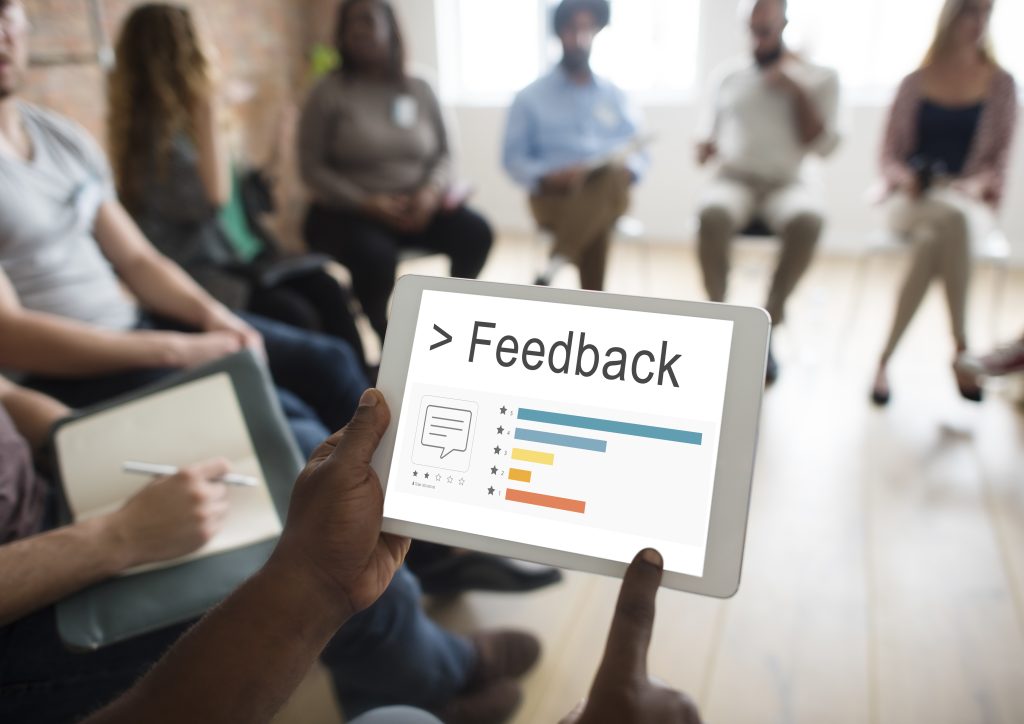Continuous feedback is one of the most important things you can do as a manager or leader. It’s not only important for your students or employees, but it’s also necessary for your own development. If you don’t give continuous feedback, you run the risk of leaving people behind and becoming ineffective.
In this article, we’re going to outline a few ways to give continuous feedback effectively, so that everyone involved benefits!

What is continuous feedback?

Continuous feedback is the feedback that is delivered in a consistent and timely manner. The goal of continuous feedback is to help people improve their performance. It is most effective when it is given as soon as possible after a mistake is made.
There are several ways to deliver continuous feedback. The most common method is to give it during the task at hand. This means that you will be with the person who is performing the task, and you will be able to provide immediate feedback.
The goal of continuous feedback is not to punish people, but to help them improve their performance. By delivering feedback in a timely and consistent manner.
You can help your employees develop skills, learn from their mistakes, and reach their goals.
How To Give Continuous Feedback?
When giving feedback, be sure to keep the following in mind:
- Be specific.
- Act timely.
- Be consistent.
- Act positive.
When providing feedback, it is important to be specific and to use clear language so that the person receiving feedback can understand what you are saying.
Feedback should be given as soon as possible after the incident or event that caused the problem so that the person can begin to address it.
It is also important to give feedback in a timely manner so that the person can understand your concerns and start to work on fixing the problem.
If you provide feedback too late, the person may already have put too much effort into fixing the problem and may not be able to improve upon it.
Feedback should also be consistent across different situations and people so that the person receiving feedback knows what they are expected to do in each situation.
Finally, always remain positive in your feedback so that the person receiving it feels supported and encouraged to continue working on improving their skills.
Tips For Giving Good Continuous Feedback

One of the most important things that you can do as a leader is providing continuous feedback to your team. This ensures that everyone is constantly learning and growing and that they are able to take on new challenges.
When providing feedback, it is important to avoid giving criticism that is vague or ambiguous. Instead, provide clear and specific feedback that allows your team member to understand what they need to work on. Here are some tips for giving good continuous feedback:
- Start by asking your team member how they are doing. This will help them feel appreciated and respected, and it will encourage them to give their best performance.
- Provide feedback based on what your team member has just said or done. Don’t criticize them without providing any context or information first.
- Make sure you give feedback frequently and consistently. Feedback should be given regularly, not just when there is a problem or when you are angry.
- Be clear about the expectations you have for your team member and the changes that you would like to see implemented.
- Do not give feedback in a way that makes your team member feel defensive or defeated. Let them know exactly what they need to do in order to improve their performance
Conclusion
Continuous feedback is one of the most important things you can do to help your employees improve their skills and performance.
By providing feedback on a regular basis, you are helping them to understand what they need to work on, as well as how they are doing overall.
Additionally, it helps build trust and camaraderie among your team members, which can be key in ensuring that everyone is working towards common goals.